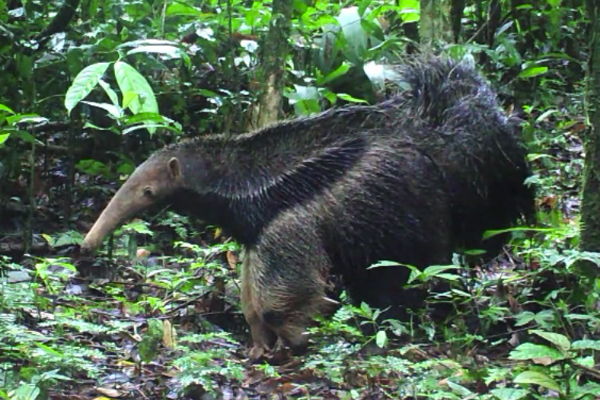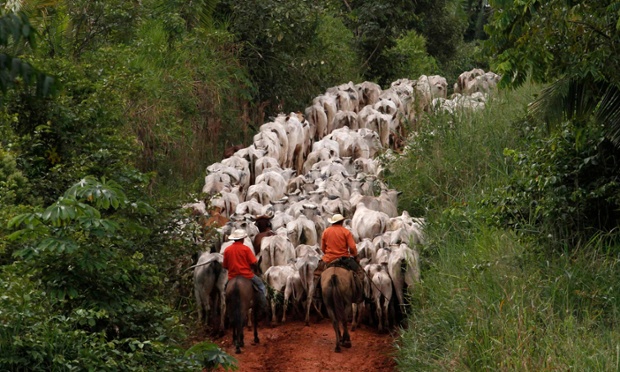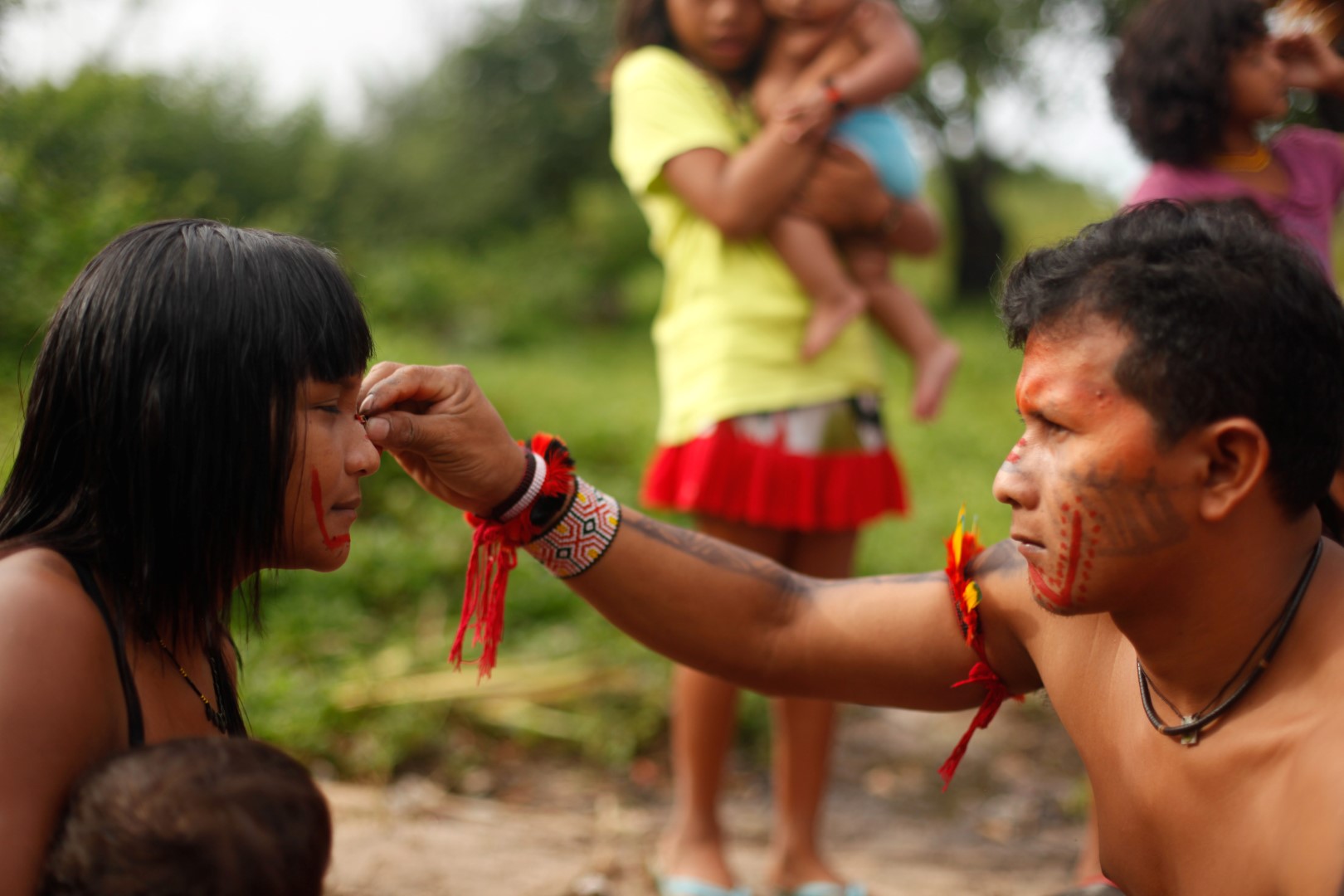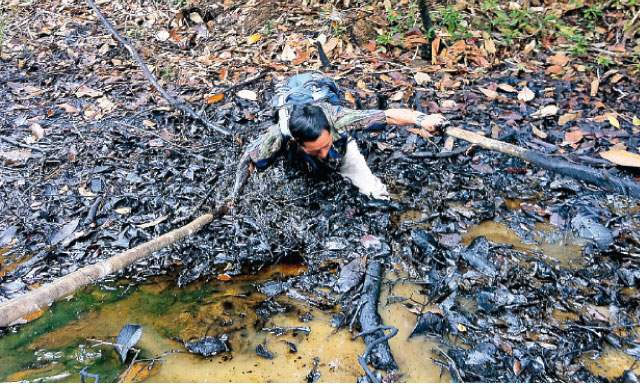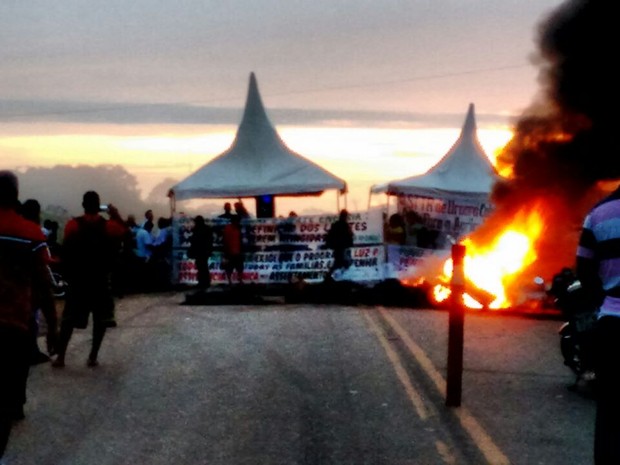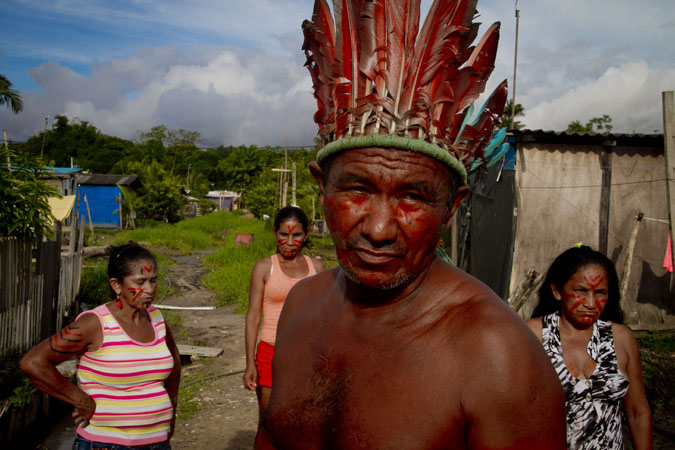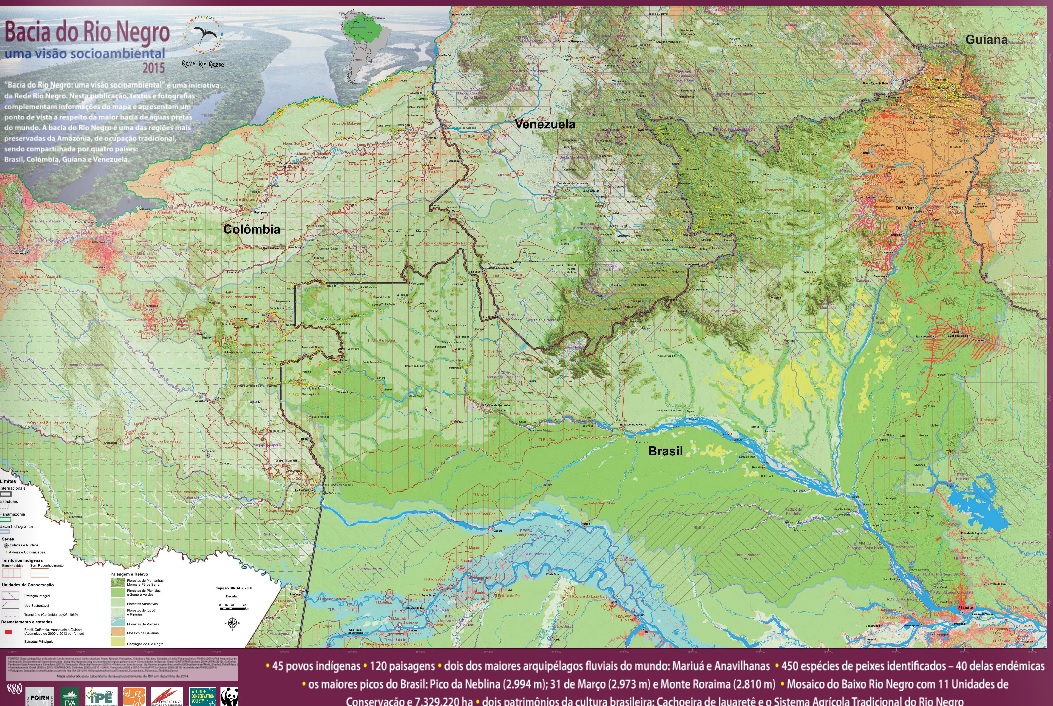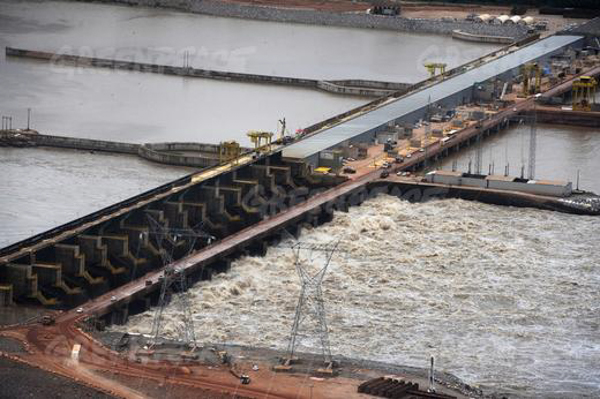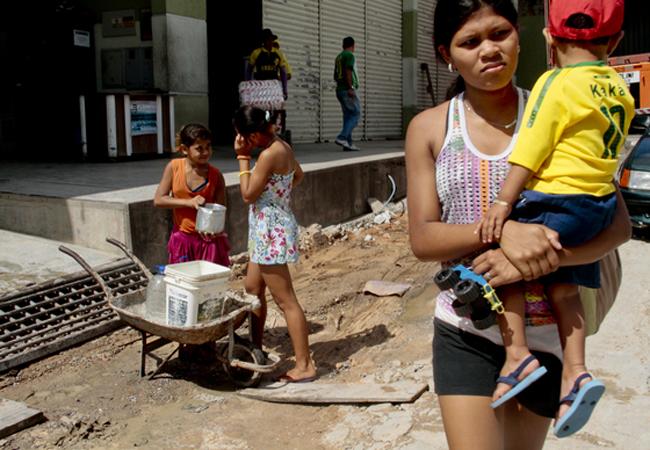Camera trap videos from Yasuni National Park shows off rarely seen species like the rufous-vented ground cuckoo and the short-eared dog as well as odd behavior, like sloths licking salt from the ground.
Monthly Archives: May 2015
Brazil beef industry pledges cut Amazon deforestation
A new study finds that voluntary zero-deforestation commitments by corporations can radically clean up supply chains.
Ka’apor indigenous group: downed tree, indigenous shot down
The Ka’apor risk their lives to evict loggers from their land. In the midst of conflict, indigenous leader is killed.
Loreto: Government creates contingency fund for environmental remediation
The law is intended to finance measures on sites impacted by hydrocarbon activities in the northern jungle that involve risks to health, environment and demand priority attention and exceptional of the State.
Protesters block access to construction sites of Belo Monte dam
About 650 farmers and militants linked to rural movements block since Monday, 18 the Transamazon road. The protest is part of the national movement “Cry of the Earth Brazil”.
Government contests title of area occupied by indigenous people in Manaus
Amazonas state government tries to avoid repossession of an area occupied by about 300 families in Tarumã neighborhood in the west of the capital
Colombia: Operating “Anostomus” is the hardest blow against illegal mining
Military action in Colombia achieved the arrest of 59 suspected illegal miners and the occupation of 63 sites illegal exploited by the Revolutionary Armed Forces of Colombia (FARC).
Negro River Basin: A social and environmental vision of the region
Publication presents a social and environmental vision of the greatest black water basin in the world, with a length of approximately 70 million hectares, and shared by four countries: Brazil, Colombia, Guyana and Venezuela.
The giant Amazonian catfish threatened by energy demand
A new study suggests that the catfish’s sensitive life cycle—complete with long journeys timed to coincide with seasonal river flows—may be interrupted by dams in their last remaining refuge.
Manaus has 626,000 people without access to water supply system
Families have no access to treated water at home because their taps are not connected to the grid of the concessionaire of the service, privatized 15 years ago.


